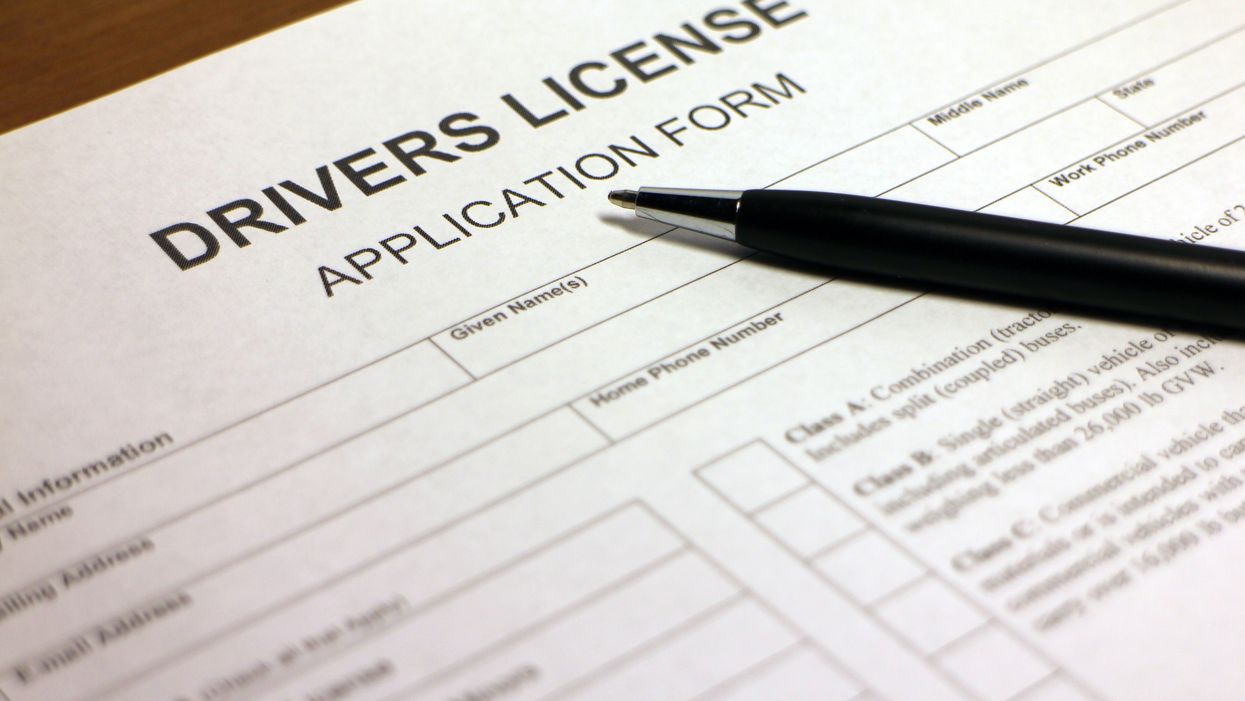Arizona has agreed to improve its voter registration services as part of a lawsuit settlement reached with voting rights groups.
The arrangement, announced Monday, could boost turnout in one of the nation's fastest growing and politically competitive states, where this fall both parties will be hotly contesting not only nine electoral votes in the presidential race but also a Senate seat and at least three House races.
The complaint filed two years ago against the Arizona's secretary of state's office and transportation department alleged the state has been violating the federal motor-voter law for years — by not updating a person's voter registration information when they changed their address on their driver's license or state-issued ID card.
At a September 2018 court hearing, the secretary of state's office acknowledged that nearly 400,000 Arizonans likely had an incorrect address on their registration records due to the state's failure to update the information in accordance with the 1993 law.
An incorrect address on a registration form not only jeopardizes a person's chances of casting a ballot on Election Day but also makes it less likely they will receive a mail-in ballot form ahead of time — a crucial driver of turnout in a state where about three-fourths of voters cast ballots that way.
The settlement, which requires the state to upgrade its computer databases and electronic communications by the end of the month, was hailed as a win by voting rights advocates, including the League of Women Voters of Arizona, which joined Mi Familia Vota Education Fund and Promise Arizona as plaintiffs in the lawsuit.
"With this agreement, all qualified voters in Arizona can be certain that their address for voter registration has been updated when they change their address through the Motor Vehicle Department," Robyn Prud'homme-Bauer, a former LWV of Arizona co-president, said in a statement. "We applaud the Secretary of State and ADOT for helping Arizona close a gap in compliance of the National Voter Registration Act."




















